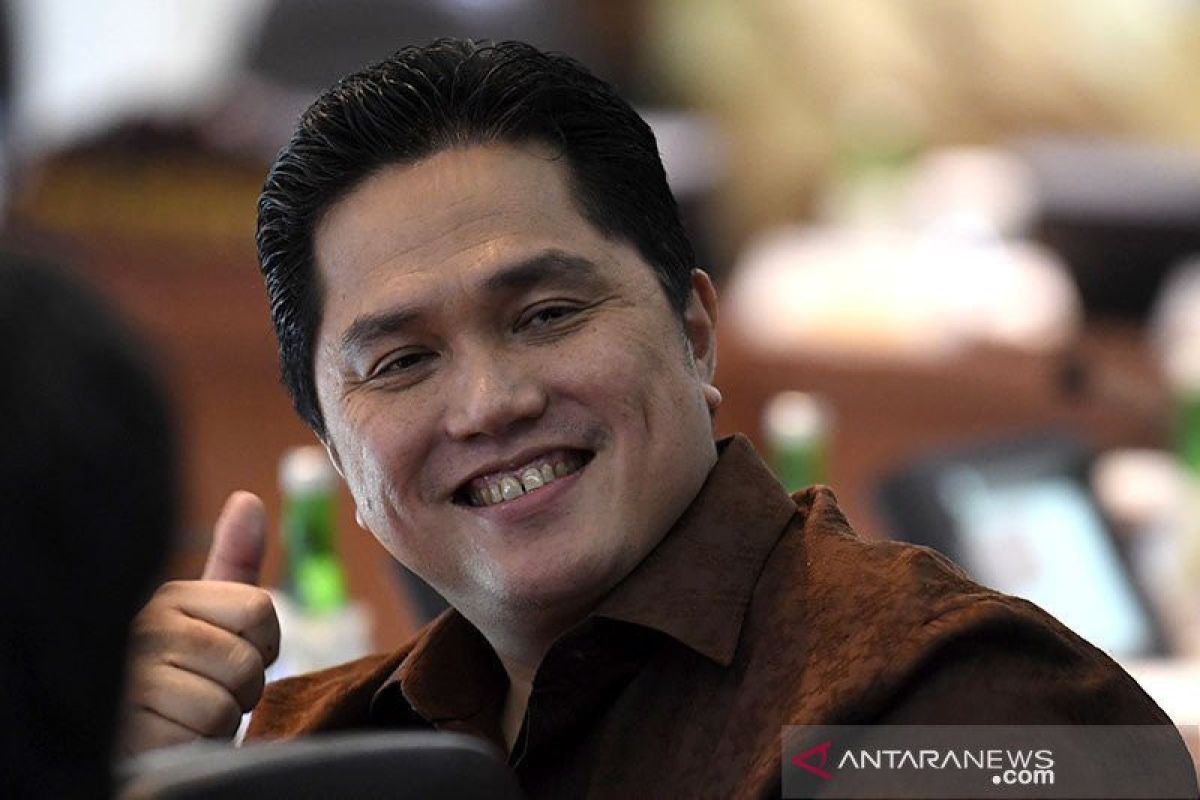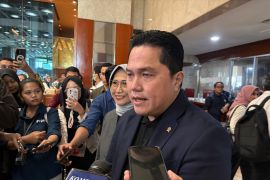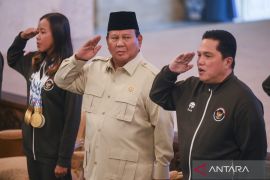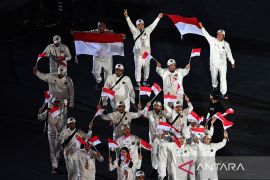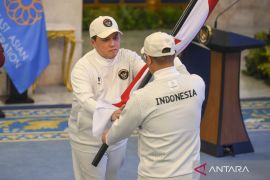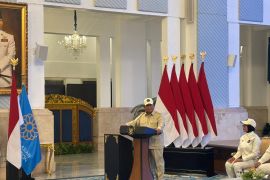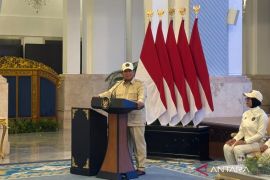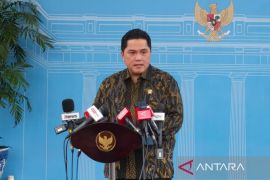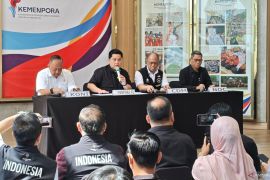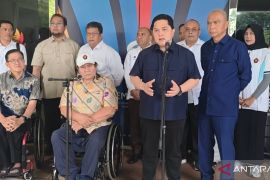Thohir made the statement here on Thursday following WHO's announcement on Indonesia as one of the beneficiaries of the transfer of mRNA-based vaccine technology.
According to the minister, synergy among the Ministry of SOEs, the Ministry of Health, and the Ministry of Foreign Affairs is the key to gaining the trust of the WHO.
"Good collaboration between the Minister of Health, the Minister of Foreign Affairs, and us from SOEs, has made the WHO trust Indonesia to produce mRNA vaccines," he affirmed.
PT Bio Farma (Persero) is an Indonesian company that will produce mRNA vaccines. The holding company for pharmaceutical SOEs has long been known as the largest vaccine manufacturer in Southeast Asia, with a biopharmaceutical production capacity of 3.2 billion, including 14 types of vaccines that have been exported to over 150 countries.
"This trust placed by the WHO is only the beginning. This is also part of the massive transformation program that we are conducting at the pharmaceutical SOE holding," Thohir added.
The minister made assurance that the pharmaceutical holding's transformation goal was to provide high-quality health products and services that were integrated, affordable, and focused on customers.
Thohir remarked that Indonesia had also established the health sector as one of the main focuses during its G20 Presidency.
Related news: Indonesia to become mRNA vaccine hub through G20 Presidency: Minister
The minister assessed that the issue of vaccine distribution and technology transfer should be a priority in overcoming health sector problems, such as during a pandemic.
The health sector has a major impact on other sectors, such as the economy, education, and society. Hence, SOEs also make health a part of the economic, educational, and technological ecosystems being developed by SOEs.
"This is because when we talk about health, we do not only talk about health activities, but we also talk about economics, education, social affairs, and others," he noted.
The WHO, in its release on Wednesday, stated that Bangladesh, Indonesia, Pakistan, Serbia, and Vietnam will receive mRNA technology from the global mRNA hub in South Africa.
These countries were vetted by a group of experts and proven to have the capacity to absorb the technology and, with targeted training, move to the production stage relatively quickly, the WHO noted in its statement. “Indonesia is one of the countries that continuously supports vaccine equity and equal access to COVID-19 vaccines for all countries, including through the transfer of vaccine technology and know-how to developing countries,” Indonesian Foreign Affairs Minister Retno Marsudi was quoted as saying in WHO's statement.
Numerous countries responded to the call for expression of interest from the technology transfer hub in late 2021.
The WHO will provide support to all respondents but is currently prioritizing countries that do not have mRNA technology but already have some biomanufacturing infrastructure and capacity.
Related news: Indonesia has potential to become global hub of vaccine development
Related news: Indonesia offers to become vaccine hub for Southeast Asia : FM
Translator: Aji Cakti, Fardah
Editor: Suharto
Copyright © ANTARA 2022
